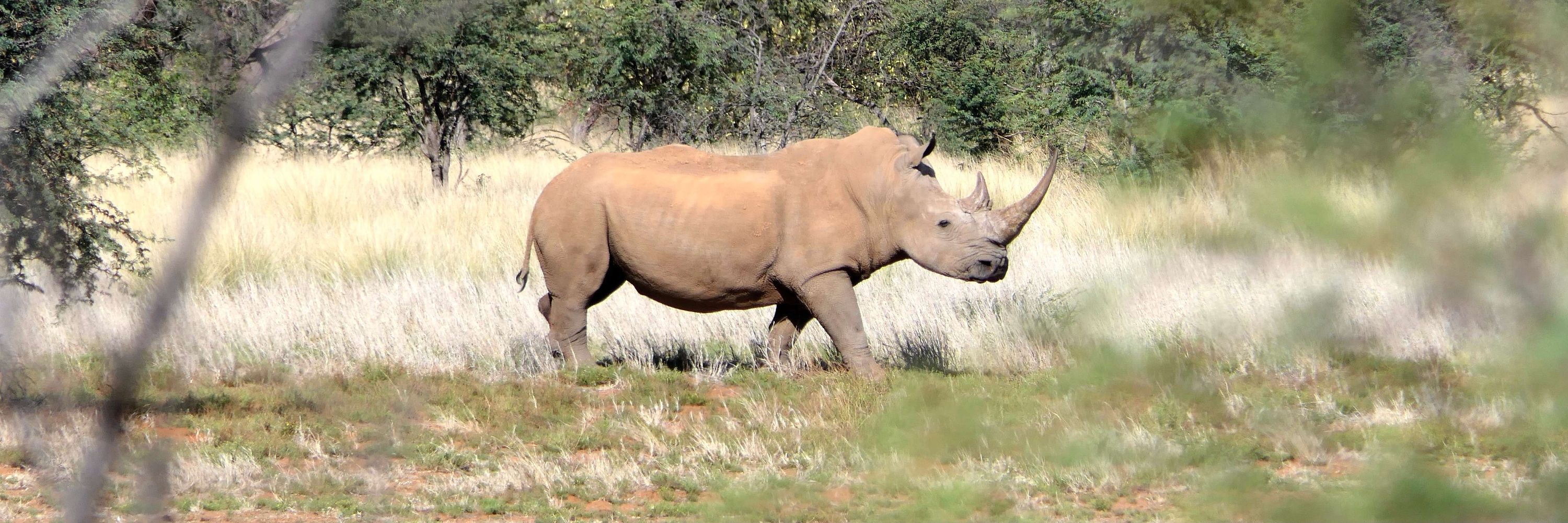
biodiversity | ecology | global change | rewilding | wildlife management
Featuring research on 🧪
🐝 pesticide impacts on wild bees
🪺 population genomics of avian brood parasitism
🌱 the origins of terrestrial herbivory
Cover image from Abraham et al. www.nature.com/articles/s41...

Featuring research on 🧪
🐝 pesticide impacts on wild bees
🪺 population genomics of avian brood parasitism
🌱 the origins of terrestrial herbivory
Cover image from Abraham et al. www.nature.com/articles/s41...
Sodium availability constrains the density and distribution of elephants, giraffes and rhinos across Africa, and offers a new explanation for the so-called 'missing megaherbivores'.
www.nature.com/articles/s41...
Free access: rdcu.be/eTPY2
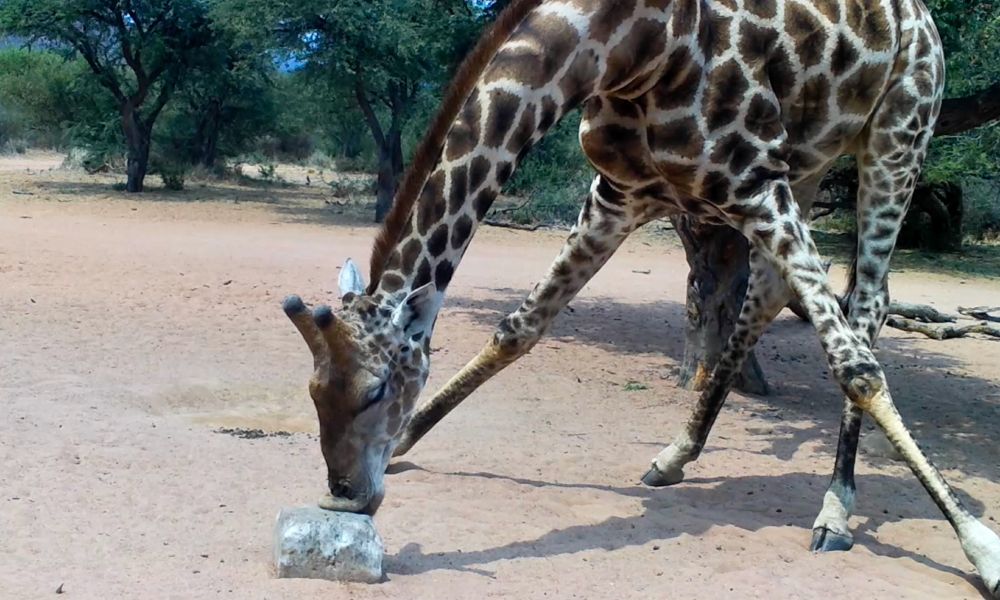

Sodium availability constrains the density and distribution of elephants, giraffes and rhinos across Africa, and offers a new explanation for the so-called 'missing megaherbivores'.
www.nature.com/articles/s41...
Free access: rdcu.be/eTPY2
In their new paper @andrewabraham.bsky.social quantify large carnivore sex-biases in Africa and examine how wildlife managers can replicate such effects when natural predators are missing 👇
buff.ly/Q8cB4Qq

In their new paper @andrewabraham.bsky.social quantify large carnivore sex-biases in Africa and examine how wildlife managers can replicate such effects when natural predators are missing 👇
buff.ly/Q8cB4Qq
Full article: www.science.org/doi/10.1126/...
Popular version: www.dailymaverick.co.za/article/2025...
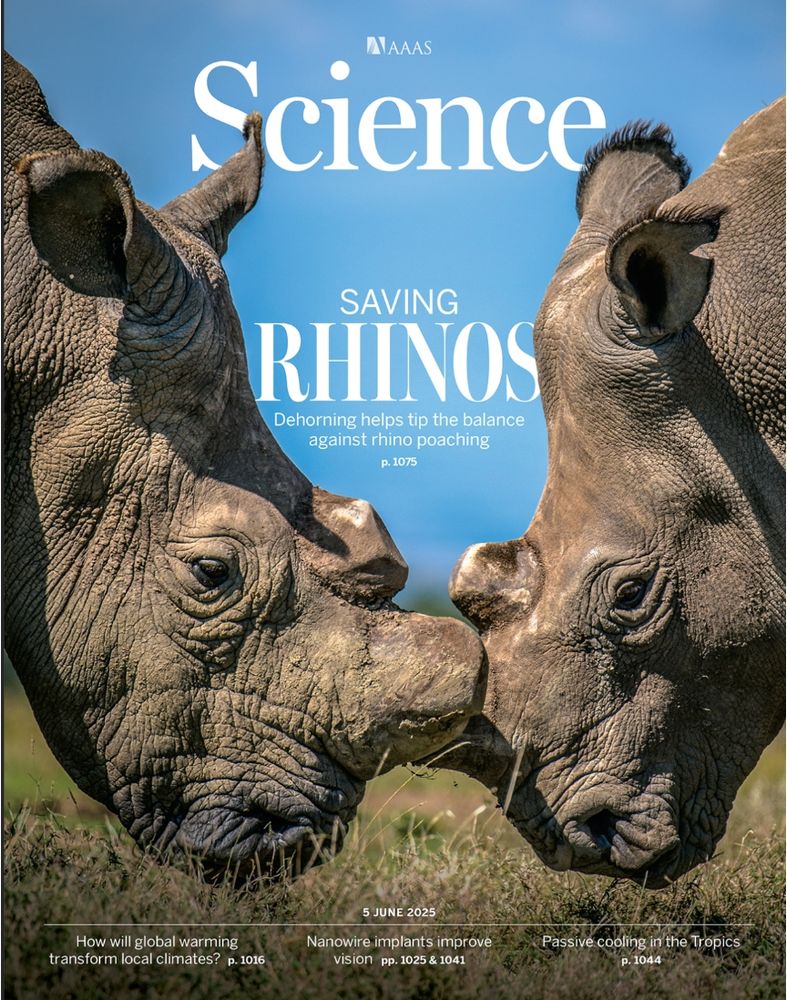

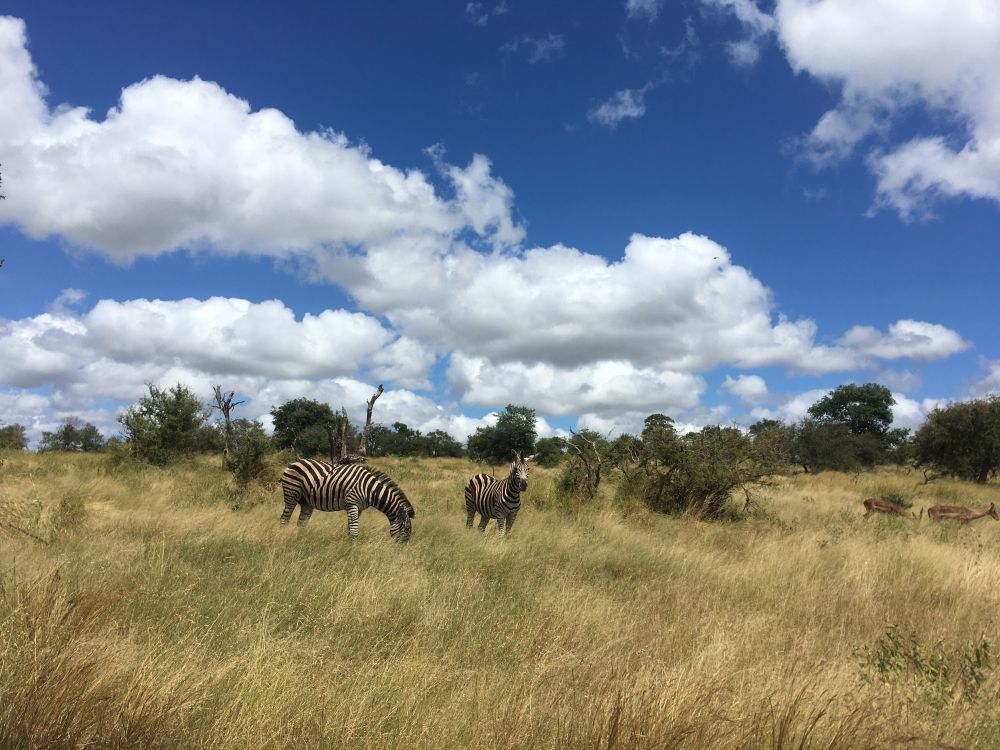

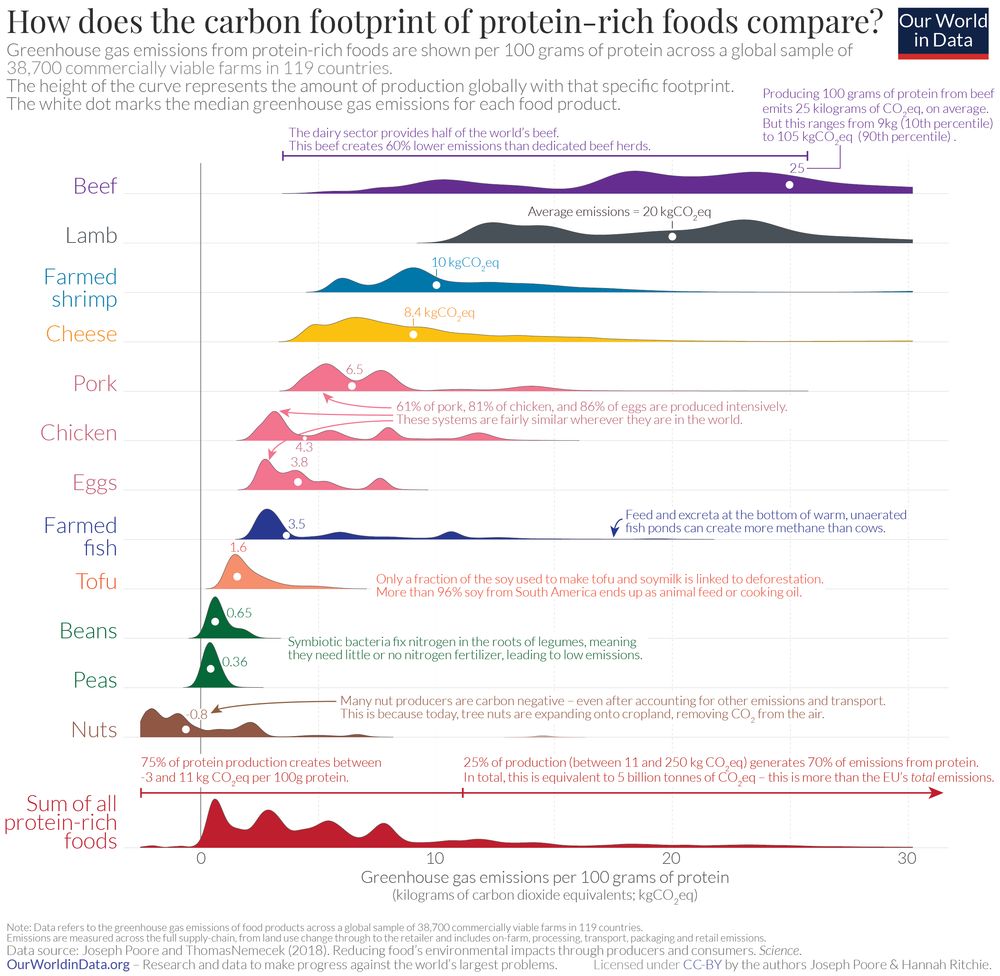
Lovely figure by A. Boersma
doi.org/10.1038/s414...
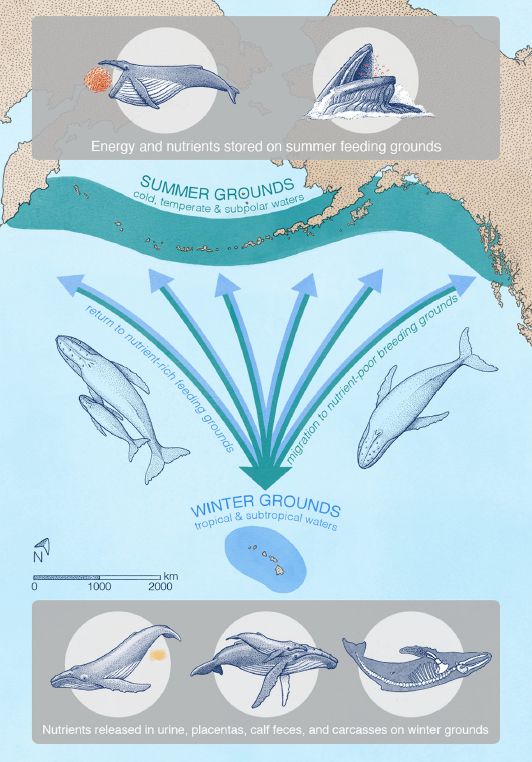
Lovely figure by A. Boersma
doi.org/10.1038/s414...
bsky.app/profile/biog...
For more information and to register, please visit our website: www.biogeography.org
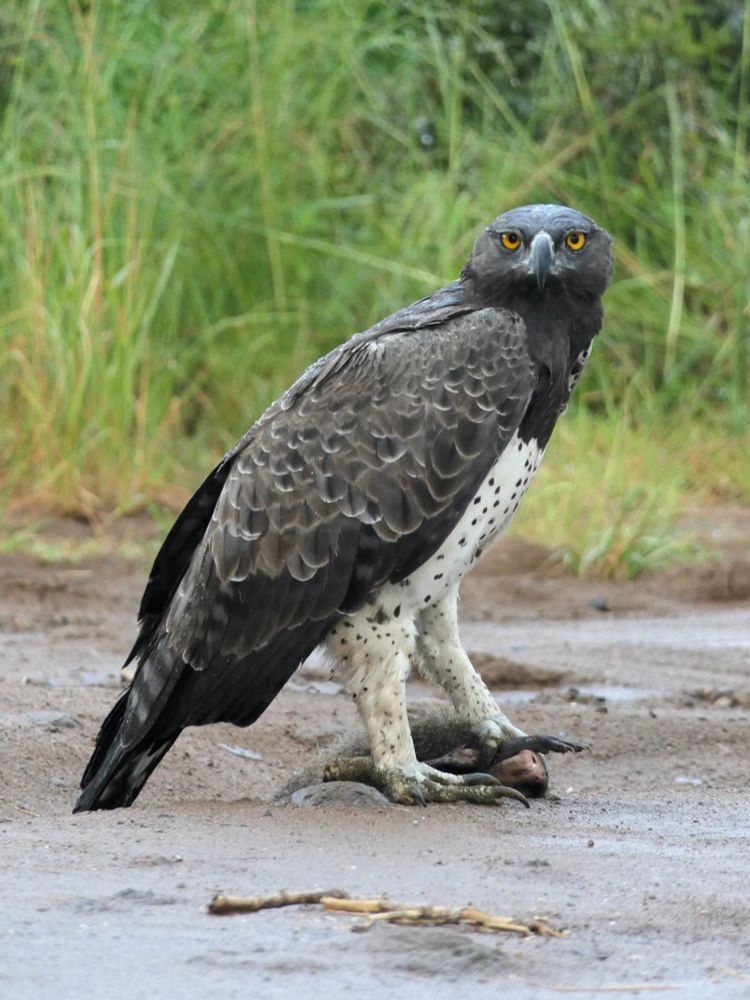
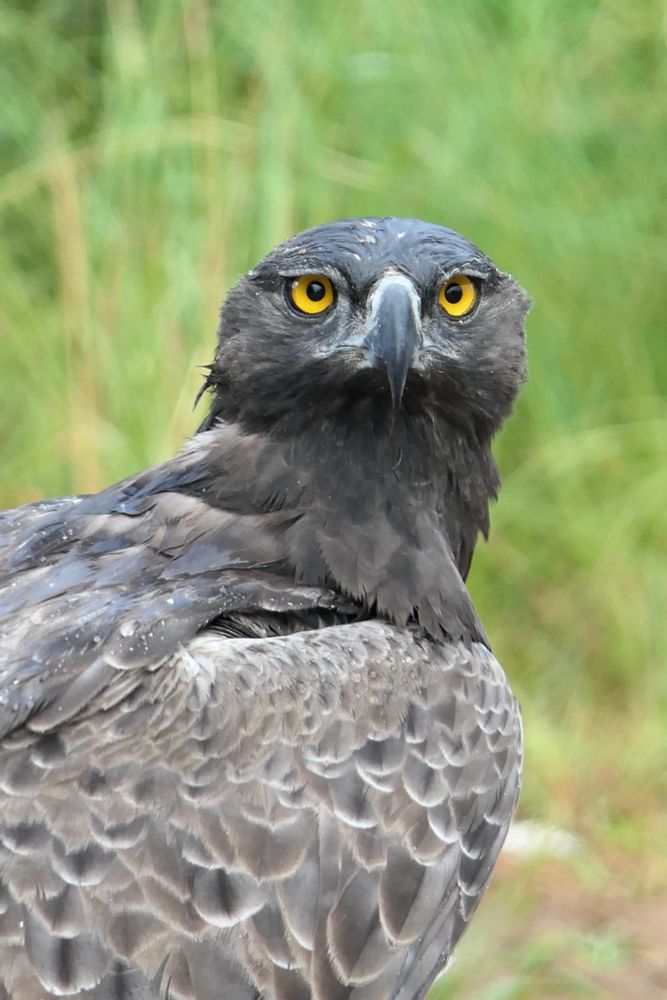
www.theguardian.com/environment/...
Full paper: esajournals.onlinelibrary.wiley.com/doi/full/10....
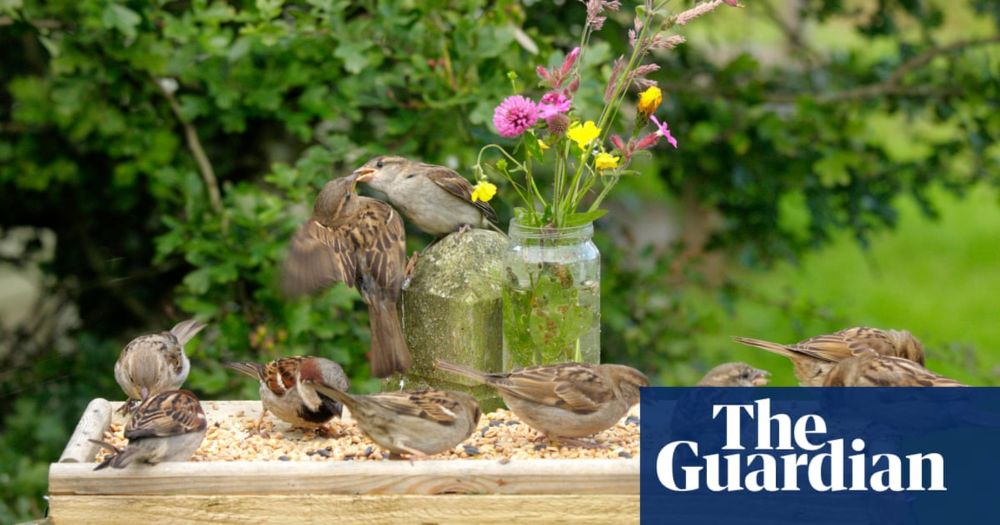
www.theguardian.com/environment/...
Full paper: esajournals.onlinelibrary.wiley.com/doi/full/10....
www.nationalgeographic.com/animals/arti...
For the full paper, see here: www.nature.com/articles/s41...
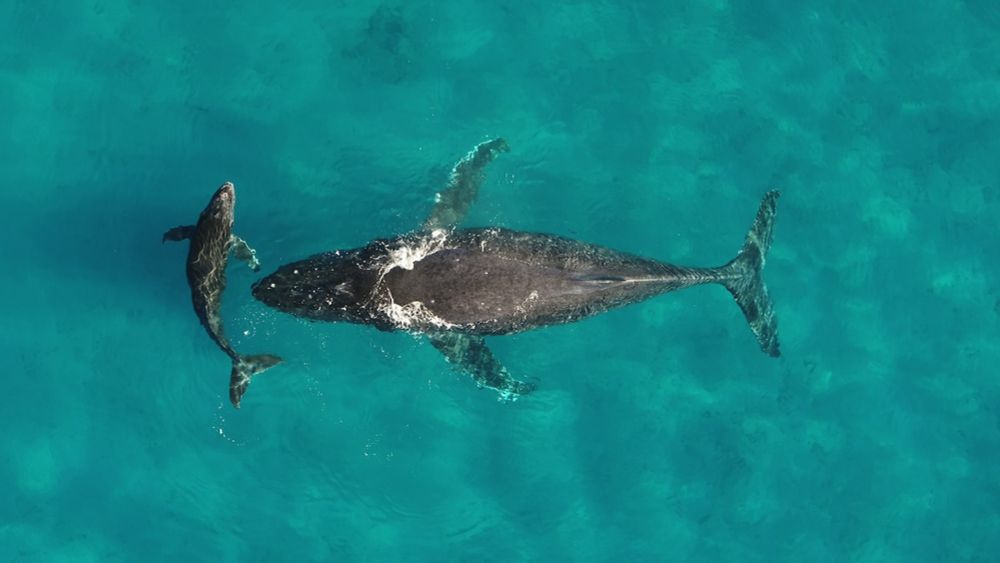
www.nationalgeographic.com/animals/arti...
For the full paper, see here: www.nature.com/articles/s41...
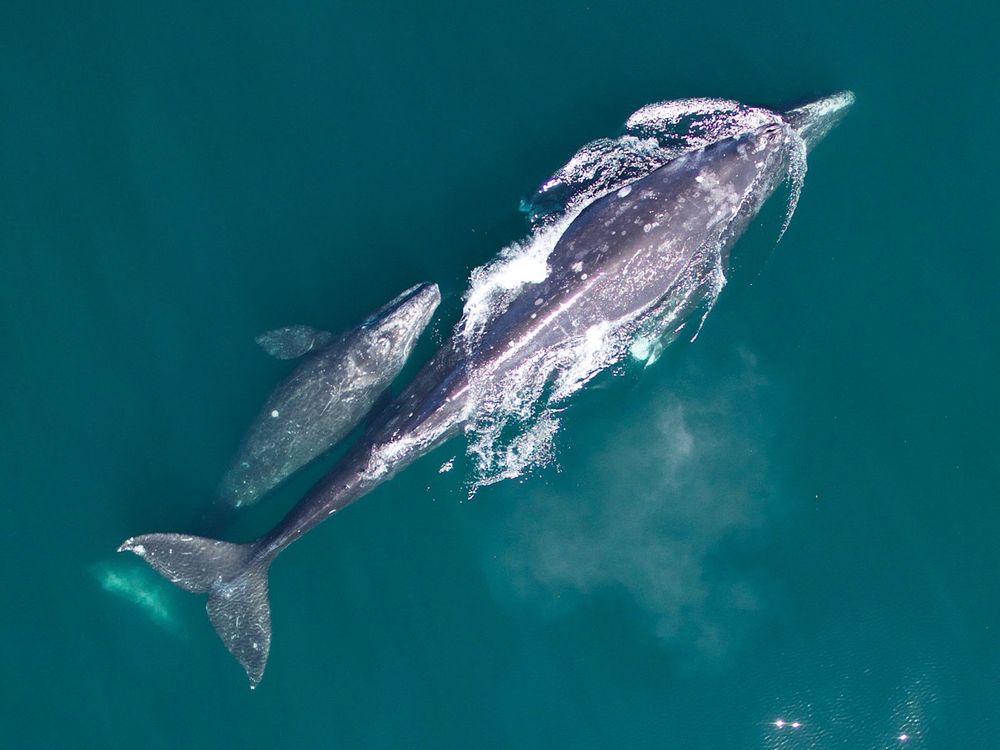
Our new study quantifies the world's longest nutrient-transport system as whales migrate across vast ocean basins.
www.nature.com/articles/s41...
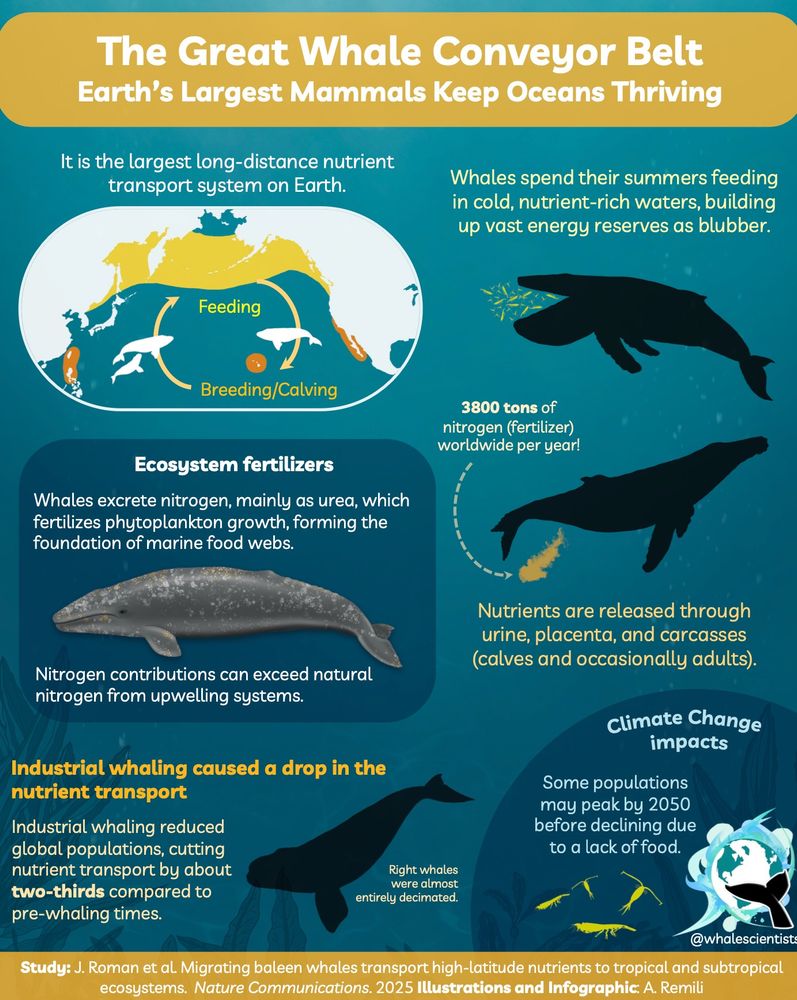
Our new study quantifies the world's longest nutrient-transport system as whales migrate across vast ocean basins.
www.nature.com/articles/s41...
Using simple ecological rules*, we explore how the interplay between ecosystem engineering, seed size and light environment can explain temporal patterns of animal and seed sizes from the fossil record🌳🐘🐀🌱
onlinelibrary.wiley.com/doi/10.1111/...
Using simple ecological rules*, we explore how the interplay between ecosystem engineering, seed size and light environment can explain temporal patterns of animal and seed sizes from the fossil record🌳🐘🐀🌱
onlinelibrary.wiley.com/doi/10.1111/...
esajournals.onlinelibrary.wiley.com/doi/10.1002/...).
esajournals.onlinelibrary.wiley.com/doi/10.1002/...).
Many zoos limit reproduction to avoid surplus animals and public backlash. We argue this approach fails the conservation & education mandate of zoos 🧵: www.pnas.org/doi/10.1073/...

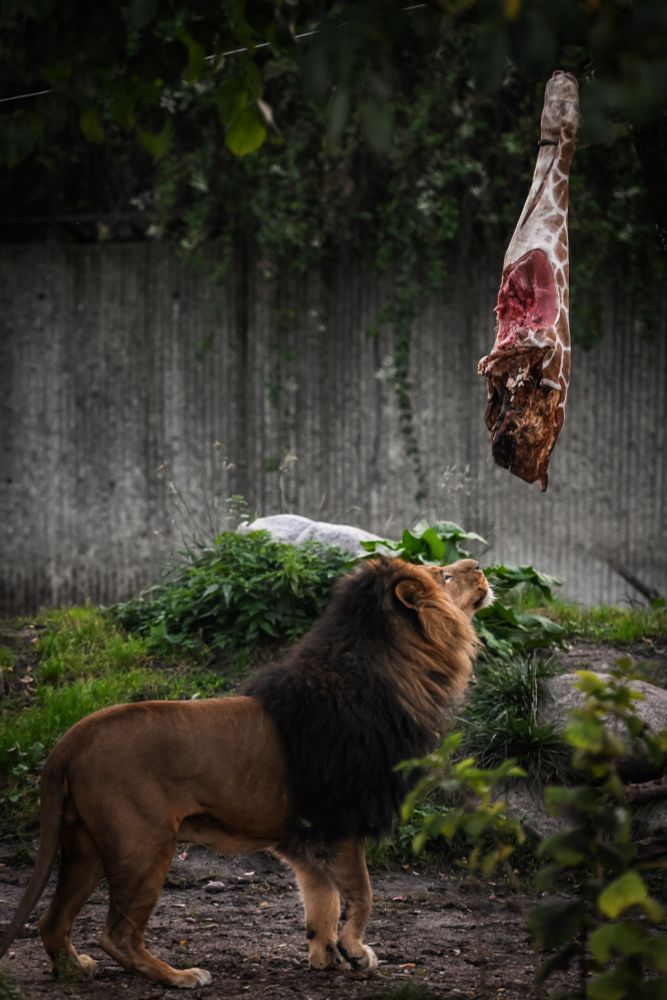

Many zoos limit reproduction to avoid surplus animals and public backlash. We argue this approach fails the conservation & education mandate of zoos 🧵: www.pnas.org/doi/10.1073/...
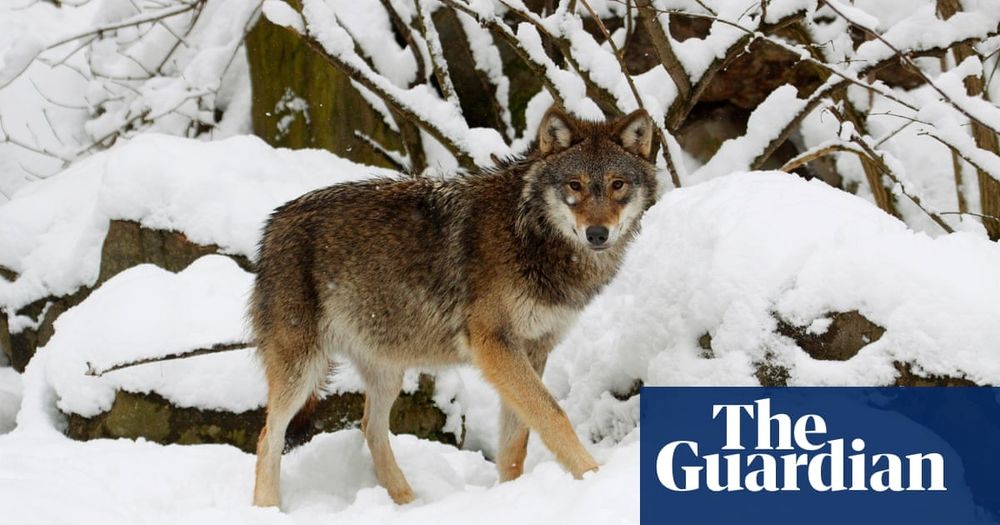
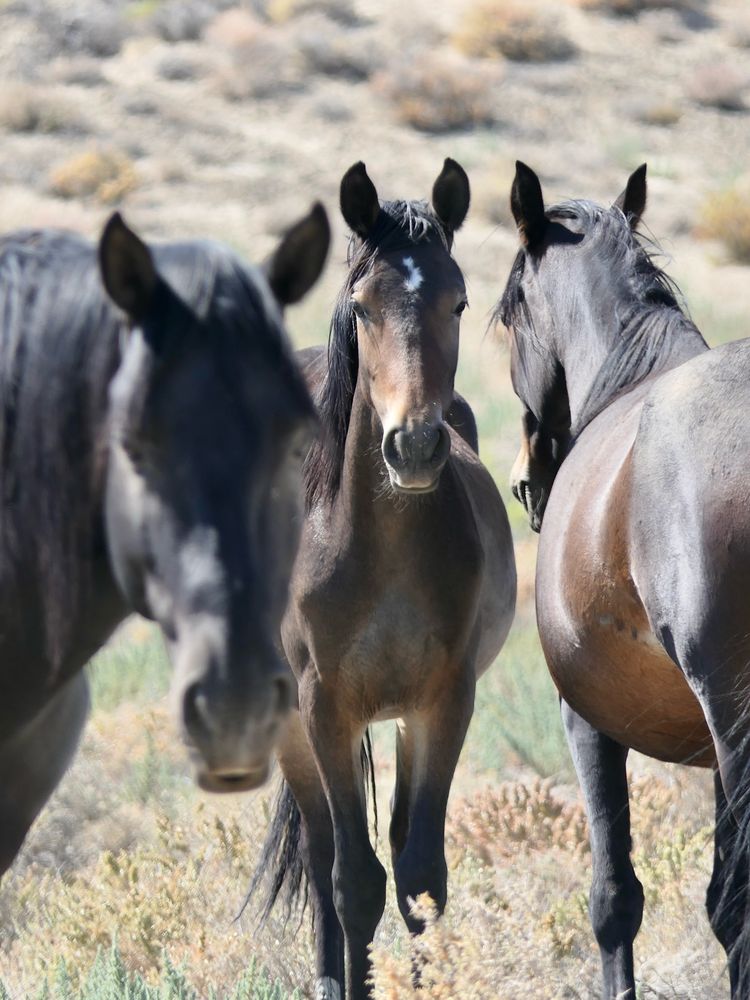



Here, we show that intestine length better predicts retention time than body mass; a simple, but important concept:
www.sciencedirect.com/science/arti...


Here, we show that intestine length better predicts retention time than body mass; a simple, but important concept:
www.sciencedirect.com/science/arti...






